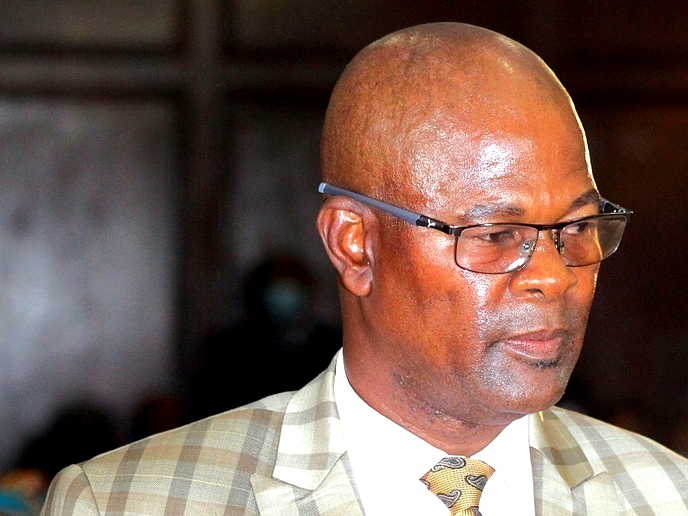THE Consumer Protection Bill will not interfere with other institutions but it will set clear standards for a body in which consumers can refer their complaints, says the Lesotho Standards Institution (LSI) Chief Executive Officer, Molebatsi Rabolinyane.
business
May 6, 2022
NEO SENOKO
2 min read
Consumer law in the pipeline

The National Assembly of Lesotho
Story highlights
Following the adoption of the Bill by Parliament last week, Mr Ralibolinyane said the regulations would not interfere with other bodies such as the LSI but would be complementary to other laws that protect consumers.
The understanding among other members was that in order for the consumer protection law to exist, there should have been an institution specifically set up to deal with consumers’ complaints.
“In our view, the Consumer Protection Law seeks to protect consumers against all sorts of unfair trading practices, for instance, defective products, fraud and other deceptive practices which may not necessarily fall under standardisation purview,” Mr Rabolinyane told Maseru Metro on Tuesday this week.
“In general, standards support production and trade to tackle technical barriers, so we support both the industry and consumer protection.”
Member of Parliament (MP) for the Moyeni constituency, Mahooana Khati said once the Bill was enacted into law, it would protect consumers across all corners of the country.
“Some companies take advantage of the fact that people do not have a place where they can take their complaints in case of unfair treatment,” he said when presenting the Bill before parliament last week.
“At the moment, consumers are being treated unfairly, particularly by foreign companies and no action is being taken against the perpetrators.”
He said consumers come across all sorts of challenges but do not know where to report.
“So this Bill will go a long way towards dealing with these challenges,” he also said. “The Ministry of Trade and Industry will also introduce a consumer protection office where consumers can take their grievances in times of disputes.”
Enjoy our daily newsletter from today
Access exclusive newsletters, along with previews of new media releases.
He said if a company was found to be in the wrong end of the law, the owner would have to pay nothing less than M5 000 or spent a minimum of three years in prison. Appeals could also be made at the envisaged consumer protection tribunal under the same ministry.
Mr Rabolinyane said the consumer protection law would coordinate with the envisaged Consumer Council to serve as a stakeholder in standards development, providing the information on consumer welfare.
“On the other hand, standards that are already developed can be used by the consumer protection council to make decisions on some of the complaints that come up,” he said.






